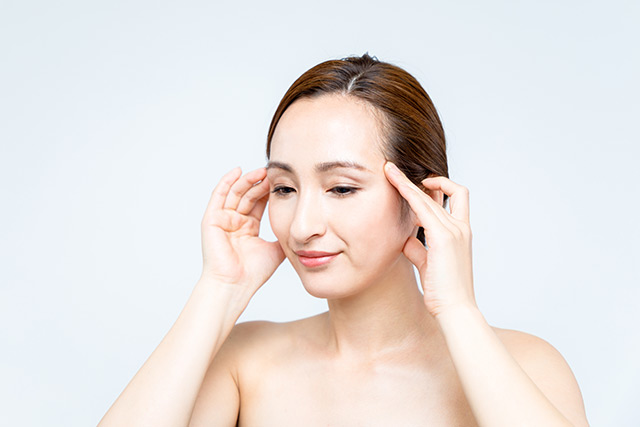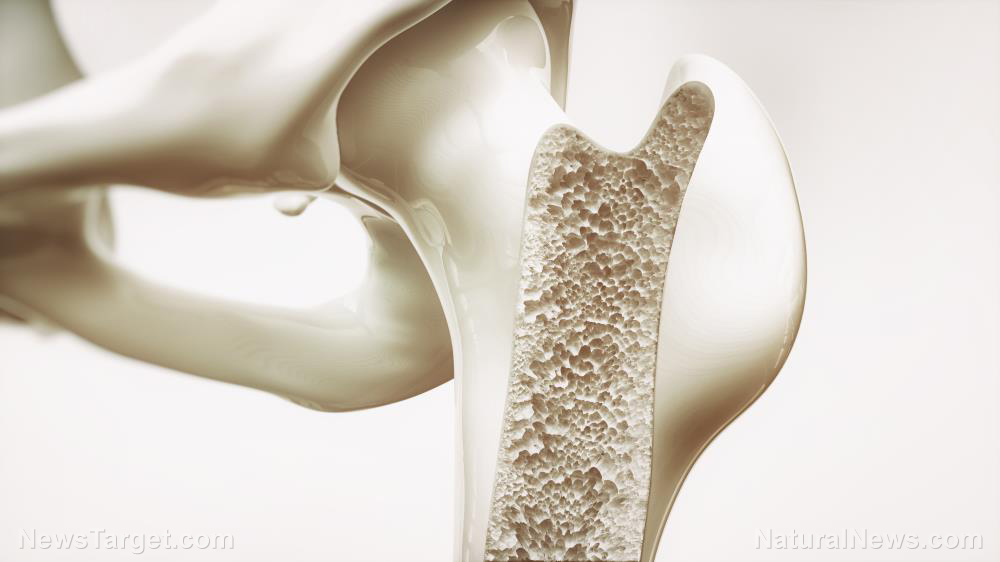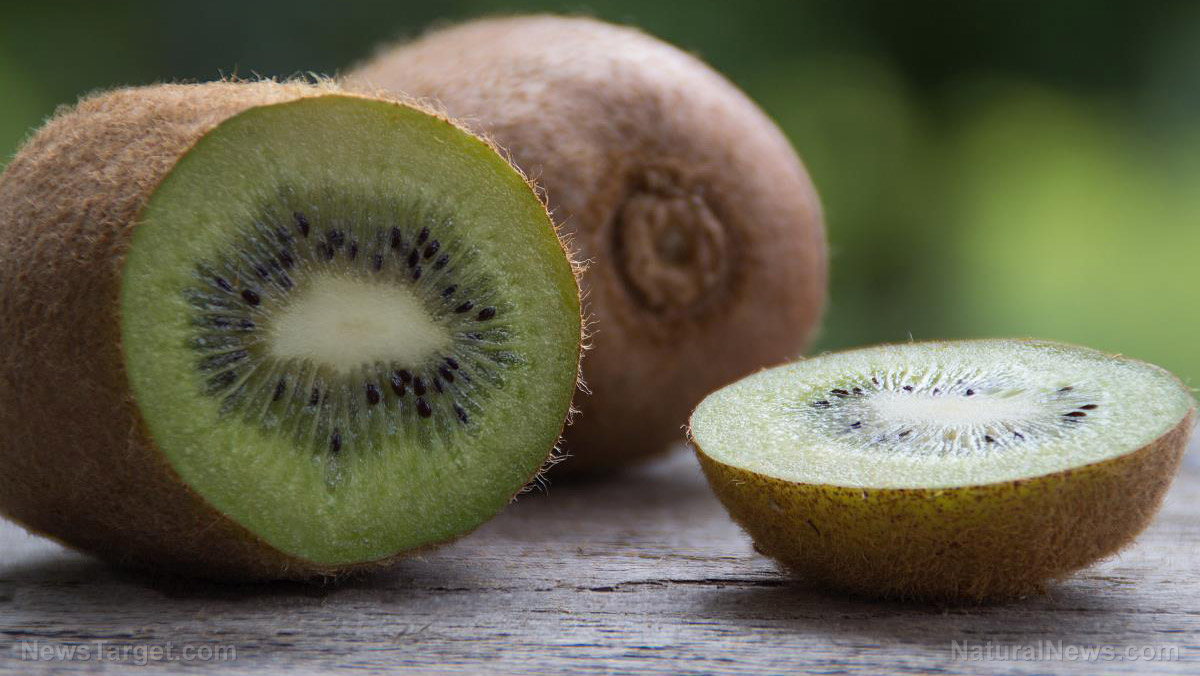
The loss of this vital nutrient also means a reduction in skin tone and more wrinkles, the hallmark signs of aging. However, supplementing with CoQ10 not only stops aging on its tracks, it also protects the body from diseases. A recent article, which appeared in the Journal of Aging Research, showed that CoQ10 can help address aging-related skin issues, such as skin dryness, wrinkles and loss of skin elasticity. Published by researchers from the Albstadt-Sigmaringen University of Applied Sciences in Germany, the study explored the role of CoQ10 in the mitochondrial theory of aging, which indicates that energy loss is a factor in degenerative aging.
The mitochondria are considered the power plants of cells. They generate energy for the cells by converting food molecules into adenosine triphosphate (ATP), a molecule that stores and transfers energy. But over time, the mitochondria become damaged due to oxidative stress, toxins and infection. This hampers their ability to produce ATP and can leave cells with an energy deficit. In the skin, a lack of ATP means that cells are unable to maintain and repair themselves, causing the skin to appear wrinkled and saggy.
For the study, the team took skin samples from the participants to assess whether CoQ10 supplementation positively affects mitochondrial function. For each sample, they assessed biomarkers for mitochondrial activity, such as ATP production and oxygen consumption. They then treated the samples with either CoQ10 or a control solution, and measured the same biomarkers afterward.
The team found that biomarkers for mitochondrial activity declined with age. Older adults, in particular, had lower rates of mitochondrial activity, which meant reduced energy production. According to the team, oxygen consumption by the mitochondria is reduced by about 10 percent per decade. Mitochondrial respiration is necessary for the conversion of macronutrients into ATP.
On the other hand, supplementing with CoQ10 helps prevent age-associated mitochondrial dysfunction. The team noted that when CoQ10 was added to the skin samples, mitochondrial activity improved significantly and the oxygen consumption rate of cells increased by 30 percent. These results suggest that CoQ10 can provide cells the “boost” they need to fight the aging process.
“The ability of CoQ10 to improve the electron transport chain and its antioxidant potential makes it an important therapeutic agent for influencing the development of some age-associated diseases and the aging process itself,” the researchers concluded in their study. (Related: CoQ10 demonstrates tremendous health benefits for fighting illnesses like breast cancer and heart disease.)
Topical application of CoQ10 also improves skin health
In another study, researchers explored the benefits of applying CoQ10 directly to the skin. In their report, they asked over 70 participants to use a cream containing CoQ10 for two weeks and found that it improved the skin's own CoQ10 levels. This indicated that the nutrient can be absorbed by the skin. The cream also improved the skin's antioxidant properties and made the organ more resistant to damage caused by oxidative stress. Oxidative damage is closely linked to skin aging.
“Topically applied Q10 can penetrate the skin, is metabolically transformed, exerts antioxidant effects, and can support the maintenance of cellular energy levels,” the researchers wrote in their report. “People of all ages can benefit from regular treatment with Q10?containing formulas to cope more effectively with short?term insults inflicted by UV irradiation and stress to foster long?term anti?aging effects for their skin.”
Learn more about natural ways to fight aging at AntiAgingScienceNews.com.
Sources include:
Please contact us for more information.























